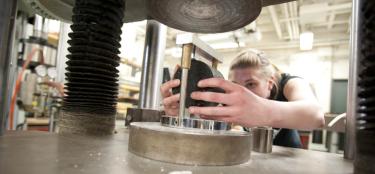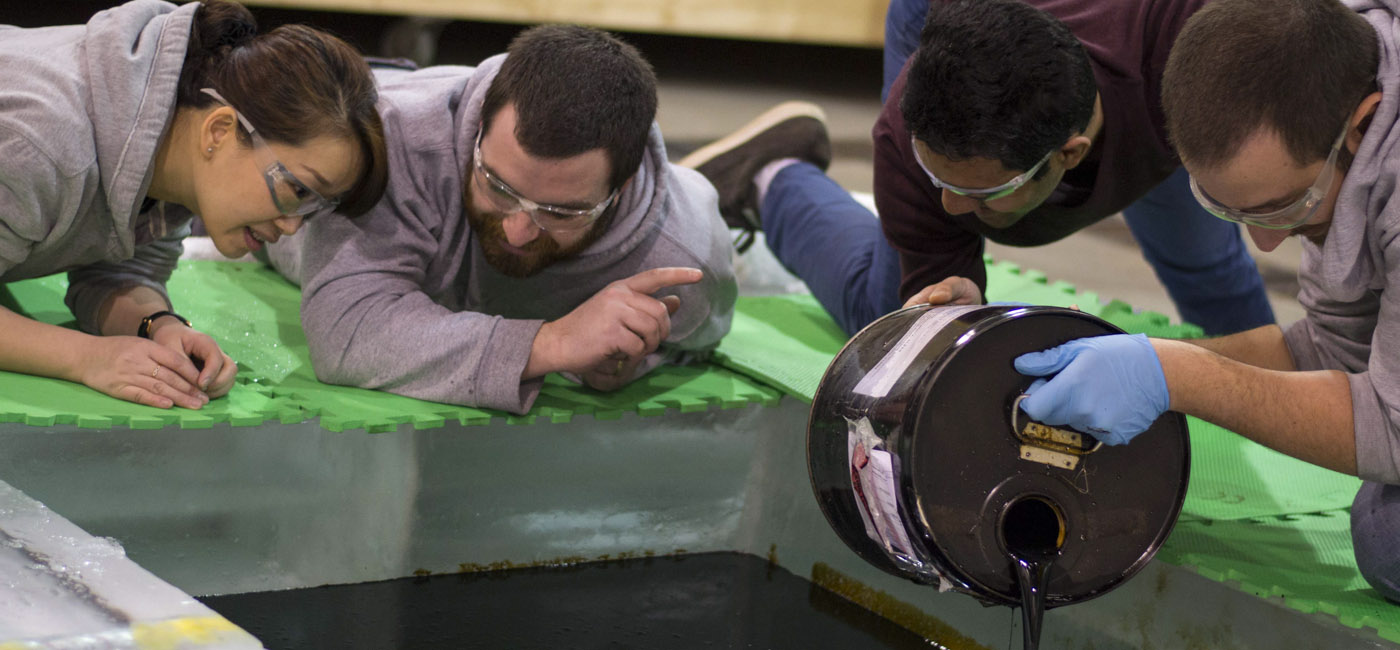WPI’s master of engineering in Civil Engineering is a practice-oriented degree designed to prepare you for career success by developing core fundamental knowledge and applied teamwork and leadership skills. You can choose from two concentrations: Master Builder, designed for engineering and construction professionals who want to become more effective team leaders, and Environmental, which focuses on water resources, pollution prevention, and municipal and industrial treatment processes.
To fit your busy life, your thesis or non-thesis degree may also be pursued part or full-time, all classes are held at night, and many are even available via streaming video.
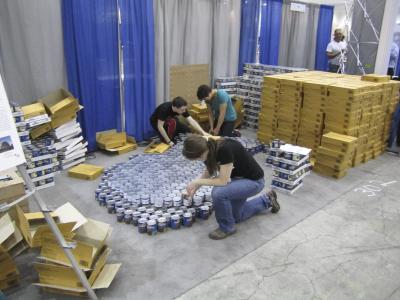
Civil and Environmental Engineering: Career Outcomes
What does a career in Civil and Environmental Engineering look like? Browse WPI and national data to learn more about companies who have hired WPI graduate, average salaries, job outlook, and more.
WPI’s master of engineering in Civil Engineering encourages you to customize your program of study while gaining a firm foundation in civil engineering basics and real-world problem solving. Plus, all classes are held at night, and many are available via streaming video to fit your busy life.
To focus your studies and suit your goals, you can pursue one of two concentrations (Master Builder and Environmental), and choose specialized courses, such as Advanced Design of Steel Structures, Structural Design for Fire Conditions, and Open Channel Hydraulics.
While pursuing your Civil Engineering MEng at WPI, you’ll be at the forefront of cutting-edge, interdisciplinary research exploring areas like sustainability, natural resource preservation, design, construction, architecture, and energy.
Our pioneering faculty are currently engaged in globally recognized studies on pavement engineering and highway materials, analysis and design of structural systems and smart structures, construction and sustainable building design, and physical and chemical treatment processes, to name a few.

Small class sizes, state-of-the-art laboratory facilities, and close interaction with faculty means you don’t get lost in the crowd here.

Our grad students work on problems with a multidisciplinary approach, so collaborations with other departments gives your work even greater potential impact.

Research at WPI solves real-world problems—from using innovative materials to provide more efficient heating and cooling in buildings to protecting water resources to designing bioinspired structural materials.

At WPI, we consider the big picture and our students leave with that valuable approach. That means you’ll see an immediate problem like wastewater treatment and will consider how the solution might have additional environmental, societal, or technological impacts.
As a graduate student in WPI’s Civil & Environmental Engineering department, you’ll work in state-of-the-art laboratory facilities both on campus and at project centers around the globe. You’ll have access to advanced instrumentation not found at other universities, including a loading device that measures the impact of real-world traffic—one of only about a dozen in the world.
Graduate Studies Series
Team members from Graduate & Professional Studies host quick and convenient webinars designed to highlight popular topics when starting grad school. Take a deep dive into specific areas of interest such as how to secure funding, how to ace your application, an overview of student services, and more!
Faculty Profile
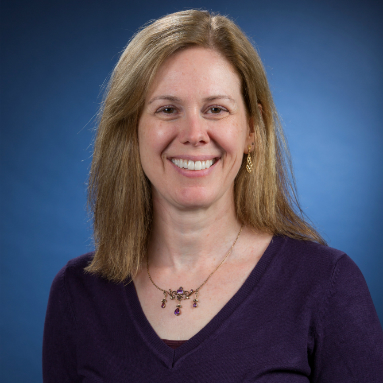
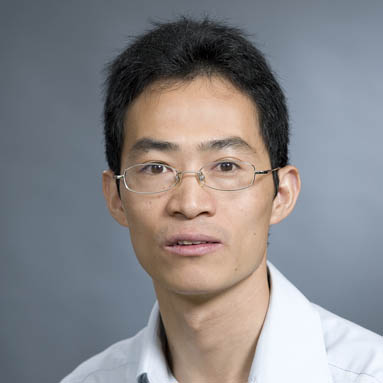
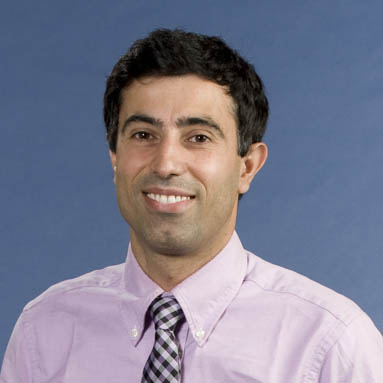
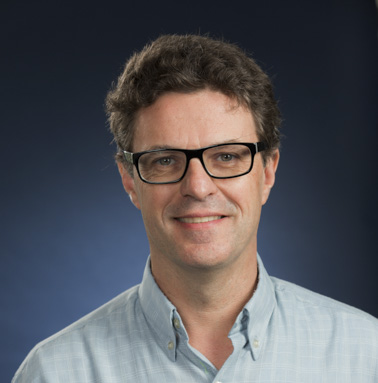

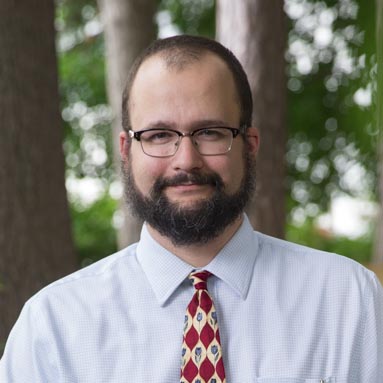
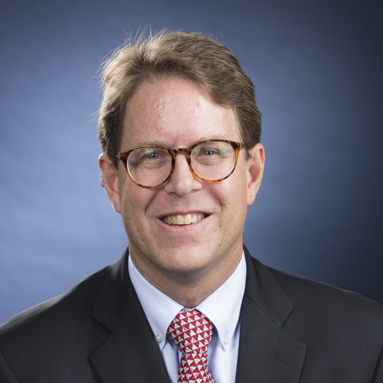
Have questions?
WPI's dedicated graduate student support team can help.
Refer a Friend
Do you have a friend, colleague, or family member who might be interested in a WPI graduate program? Click below to tell them about our programs.
Earn a Master of Science in Civil Engineering Instead
If you’re looking to immerse in cutting-edge, interdisciplinary research that dives into critical areas like sustainability, natural resource preservation, and energy, our master of science in civil engineering may be a good delivery preference for you. You’ll work on solutions to some of society’s most critical problems in a collaborative, small class size. Do you prefer the collaborative, in-person interaction that an on campus program provides? Consider our on-campus master’s in construction project management where you can work closely with our expert faculty members to gain practical experience in the CPM field. If your passion lies in preserving our environment and public health, our on-campus master’s in environmental engineering puts you in the driver’s seat. Conduct cutting-edge research and in-course projects alongside our expert faculty. Maybe you’re busy working in the field during the day so need a flexible, online learning option? We offer online graduate programs that meet the needs of working professionals including our online master’s in construction project management and online master’s in environmental engineering. The online master’s in CPM will prepare you to manage construction projects at every stage and provide the design and construction engineering expertise to get the job done. If you have an interest in energy sources, water quality, and protecting public health, our master’s in environmental engineering online may be a good fit. Students learn about contemporary environmental engineering issues and explore research areas in pollution, water protection, and more.
Accelerate Your Construction Career With a Graduate-Level Certificate
Do you have an undergraduate degree and are looking to gain a strong basis in the civil or construction engineering field? Our graduate certificate in construction project management is a four-course certificate that prepares students to become effective construction managers with expertise in cost estimating, BIM, negotiations, and even conflict resolution. Need the flexibility of an online delivery format? You will receive the same materials, expert instruction, and grad-level introduction with our construction project management online graduate certificate.
Earn an Environmental Graduate Certificate
Are you interested in helping build a more sustainable and cleaner environment? Be sure to consider our graduate and advanced certificates in water quality systems where you can specialize in a certain area of environmental engineering whether it be water flow, treatment, hydraulics, resource management, and more. Increase your marketability in the workforce and expand your knowledge with a post-graduate level certificate. Maybe you’re intrigued by the process of detecting hazardous contaminants and enforcing water sustainability? A graduate certificate in water resources will delve into advanced topics related to the detection of hazardous materials and maintaining our natural resource.
What’s a Civil Engineering Career Like?
A career in civil engineering is rewarding and meaningful. If you’re looking for a way to have a positive impact on how people live and work, civil engineering offers many choices. Civil engineering students perform world-class research at WPI to improve safe and sustainable buildings and infrastructure in all corners of the world. Civil engineers find new sources of energy and work to protect the natural world and its resources. Are you wondering about the potential for a MEng civil engineering salary? We have data that can help you realize your career goals and potential.
What Kind of Bachelor’s Degree Matches Your Plans?
If you’re interested in all that civil engineering has to offer but know you need a bachelor’s degree first, you’ll want to explore all your options. WPI’s programs offer bachelor’s degrees that help you match the right program to your interests and the career path you want. A civil engineering BS lets you study everything from environmental processes to infrastructure applications so your work helps the environment while also influencing the way people and goods move. If you’re fascinated by sustainable building design, an architectural engineering BS offers a broad foundation of academics and practice in the build environment. Are you passionate about safe water supplies and sustainable practices to keep the planet’s water clean and safe? A BS in environmental engineering offers a chance to combine your interests in chemical engineering and environmental engineering to create a bachelor’s degree path to your dream career.
Are You Ready to Start Your Advanced Degree in Civil Engineering?
If you’ve already started the path to earning advanced degrees in this field, you know earning your civil engineering PhD will give you an opportunity for independent and industry changing research. WPI’s civil engineering PhD program covers varied research areas including structural engineering, construction project management, highway infrastructure, environmental engineering, or geotechnical engineering. Access to our state-of-the-art labs will elevate your research and allow you to collaborate with researchers in many disciplines so you increase the impact of your work.
